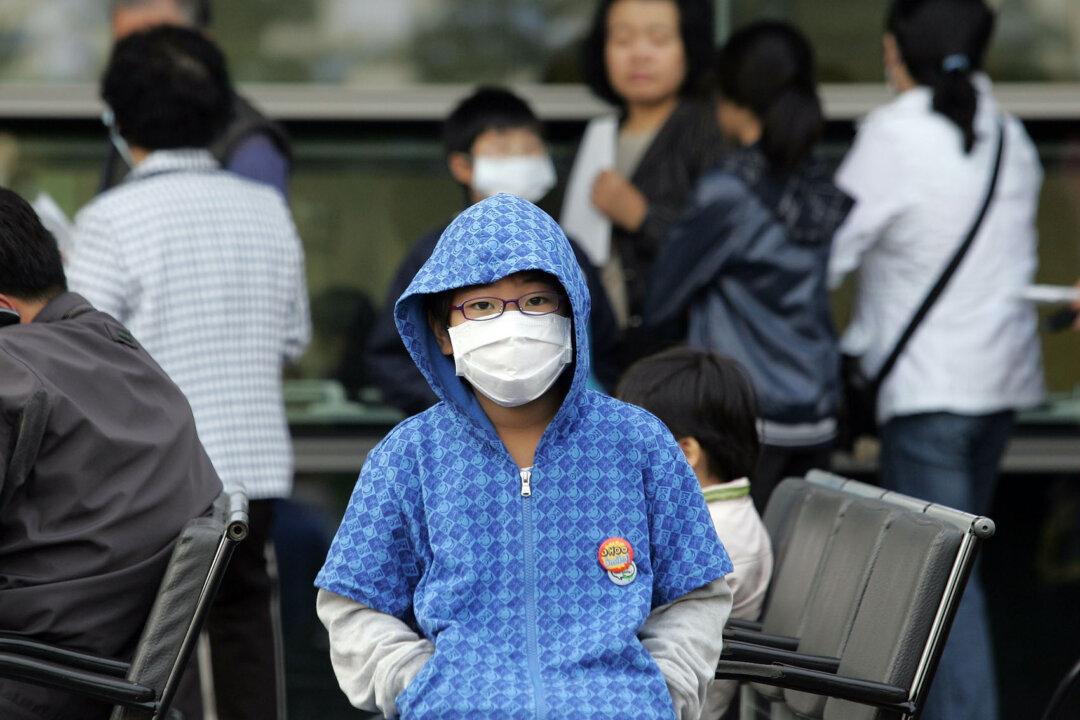South Korea has seen a decline in hospital services and clinics offering medical care for children and infants amid a shortage of pediatricians and a declining birth rate.
Over 550 pediatric clinics have closed in the past five years, exceeding the 519 clinics launched during that same period, the Health Insurance Review and Assessment Service revealed in May.





